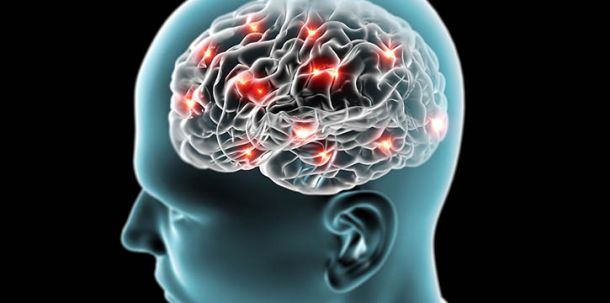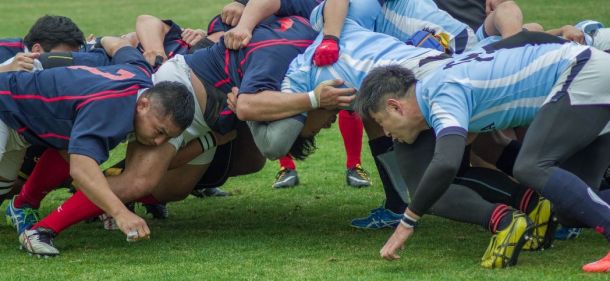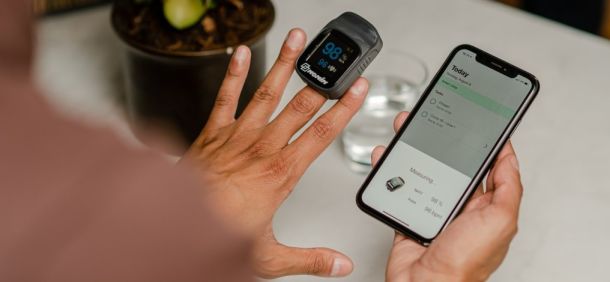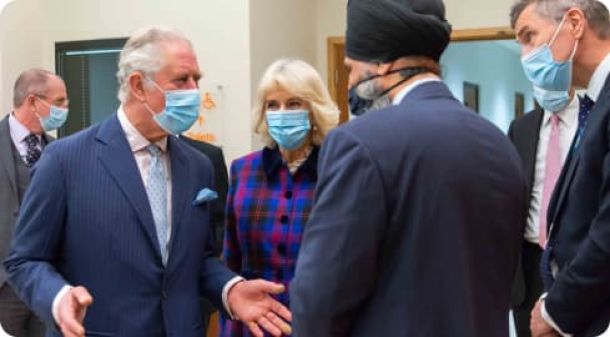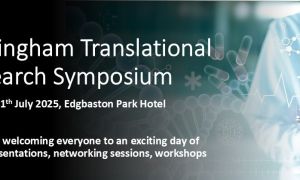
Birmingham-China collaboration will combat cancer and medical implant failure
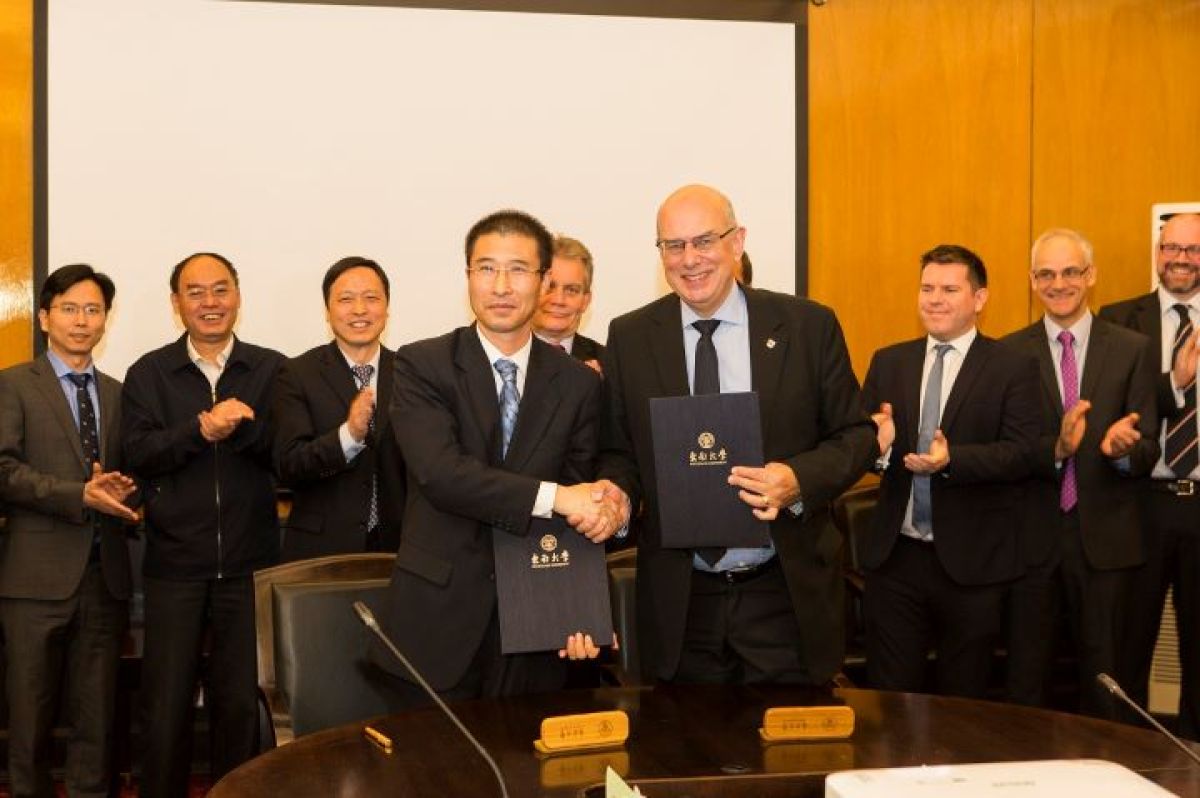
The University of Birmingham has announced two projects with Southeast University in China that could help to fight cancer and aid regeneration of the human body.
Supported by a total of ¥2 million funding from Jiangsu Industrial Technology Research Institute (JITRI), researchers are combining multi-modal magnetic resonance imaging (MRI) technology, pathology and artificial intelligence (AI) to help diagnose brain tumours more quickly.
Meanwhile, biomedical engineering experts are exploring the potential of a new class of bone cement capable of degrading and simultaneously stimulating the body to gradually replace it with natural bone. This could reduce the risk of long-term implant failure and reduce the need for human bone grafts.
The projects were announced today by University of Birmingham Vice-Chancellor Professor Sir David Eastwood and Southeast University President Professor Zhang Guangjun in a special ceremony at Southeast University.
Professor Sir David Eastwood commented: “The University of Birmingham is a world leader in biosciences and our partnership with experts at Southeast University and JITRI is making promising progress in the fight against diseases such as cancer and the regeneration of the human body.
“We are a global university with a civic outlook and I am delighted that we are continuing to build our excellent relationship with Southeast University. Our new venture could help to improve health outcomes for millions of people in China and beyond.”
The announcement follows the universities’ agreement signed in May 2018 to establish a Joint Research Centre (JRC) in Biomedical Engineering – allowing the partners to work on applied research projects that will use the University of Birmingham’s expertise to strengthen innovation in the Jiangsu Province across a range of biomedical technologies.
Professor Sir David Eastwood and Professor Zhang Guangjun today signed a further agreement to develop a joint research centre for data science in biomedical research – building on the strengths of the partnership between the two universities.
Professor Wang Baoping, Executive Vice President of Southeast University commented: “Both SEU and Birmingham are world-renowned universities with solid foundation and growing research strengths in the field of biomedical and life science. The Joint Research Center for Data Science and Biomedical Research signed today, will give full play to the research advantages of two universities and to build an international high-level platform dedicated to research and education on biological big data, aiming to jointly address the global challenges and achieve win-win cooperation.”
Birmingham’s contribution to the partnership is led by the University’s Healthcare Technologies Institute (HTI), working with the Southeast University (SEU) Institute of Biomedical Devices (IBMD).
The partners are using their expertise to develop programmes leading to products that can help improve health outcomes for patients in China with biomedical themes covering:
-
-
- Ocular drug/cell delivery and protection
- Osteoinductive materials
- Switchable biological surfaces and molecular diagnostic technologies
- Brain image analysis
-
Professor Yu Sun, from Southeast University and director of UoB-SEU international laboratory for Children’s Medical Imaging Research, commented: “Combining enhanced health data collection, advanced MR imaging, and artificial intelligence means we can greatly reduce the risk of complications due to invasive surgery, cut diagnostic time and increase the accuracy of early diagnosis of brain tumours – improving patient survival.
“We want to enable a range of powerful diagnostic tools to be transferred to routine clinical practice through this system, enabling clinicians to use these technologies quickly and easily, benefiting more patients, hospitals, medical companies and research institutions.”
Professor Liam Grover, from the University of Birmingham and Dr Richard Williams, Co-Deputy Director, University of Birmingham and Southeast University Joint Research Centre for Biomedical Engineering, are both based at the ITM and will lead the project to develop more effective alternatives to ceramic bone cements. These cements remain in the body for a long time, but are generally brittle meaning that implants pose a long-term risk of failure.
“Conventional cements are usually formed from calcium orthophosphates with a similar composition to bone,” commented Professor Grover. “Adding another kind of phosphate triggers deposition of new bone around the implant and resorption of the cement into the body – avoiding the major issues associated with ceramic bone replacements.
“Previously, components were not available in a form pure enough to allow use as a medical device, but we’re working with our Chinese partners to reformulate the material with pure components and demonstrate that the material retains its unique biological properties.”
SEU allocated space within its IBMD facility at Suzhou Hi-tech Park to create a state-of-the-art medical technologies development laboratory to host JRC projects. The partnership also strengthens links between Jiangsu Province and the City of Birmingham in medical research and development.
Both the University of Birmingham and SEU have strong links with their respective national healthcare technology regulatory bodies. This will help to ease co-developing, translating and commercialising novel healthcare products into UK, EU and Chinese markets.
The announcement follows a recent biomedical engineering workshop – jointly hosted in Birmingham – that gave British businesses the opportunity to meet key players in the UK-China biomedical engineering sector. The event focused on developing and commercialising new healthcare products by linking innovators, wider industry and professional service support.
